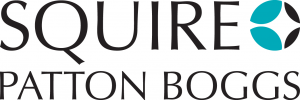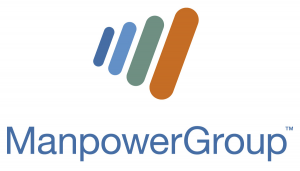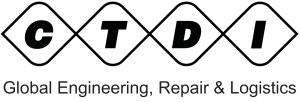One fifth of companies started hedging due to the end of interventions
31.03.2017Company: PricewaterhouseCoopers Česká republika, s.r.o.
Leaders of Czech companies consider the exchange rate volatility one of the biggest business threats this year. They realise that the time when the Czech National Bank was securing the domestic currency exchange against the euro with its interventions has come to an end. As the PwC survey of over one hundred Czech CEOs shows, only one third believes they can handle the situation without hedging. Conversely, in response to the end of interventions, one fifth has already started hedging.
The survey of the consulting company PwC Czech Republic, which reviewed the opinions of 114 CEOs across various industries on the Czech market, revealed that 65 % do hedge; 31 % of CEOs believe themselves to be prepared for CNB to exit the koruna floor and do not need to change their hedging strategy.
"As I see it, the only certainty is that the exchange rate of Koruna will be hugely volatile, much more than in previous years. Nobody has a crystal ball to predict the future rate. I advice my clients to focus on their core business rather than currency speculations. As such, I do advice them to mitigate their currency risk and hedge with currency derivatives, if necessary. We currently advice number of our clients on currency risk strategy" says Olga Cilečková, the director of the PwC CR’s Treasury department.
As the end of interventions is approaching, one fifth (20 %) of companies have started to hedge. 12 % reconfigured their present hedge and 7 % at least modified their contracts with clients or business partners.
"Every company should first evaluate its net currency position and use so-called natural hedging. That means, for example, to match its euro costs against euro revenues - both timewise and volumewise. In case the company generates net euro inflows, it is good to use euro financing, which increases the degree of natural hedging. Once the net currency position is defined, the company has to decide whether the level of risk is acceptable or it decides to mitigate the risk with currency derivatives from various financial institutions," adds Olga Cilečková.
Tags: Economics | Finance | Business Development |







